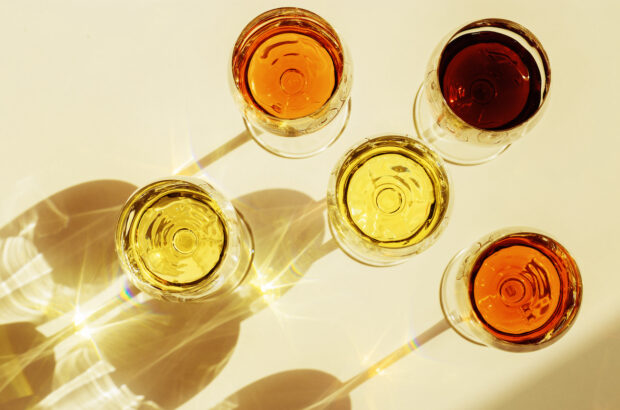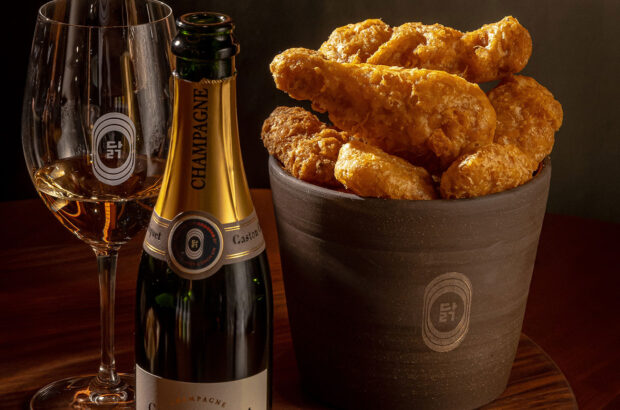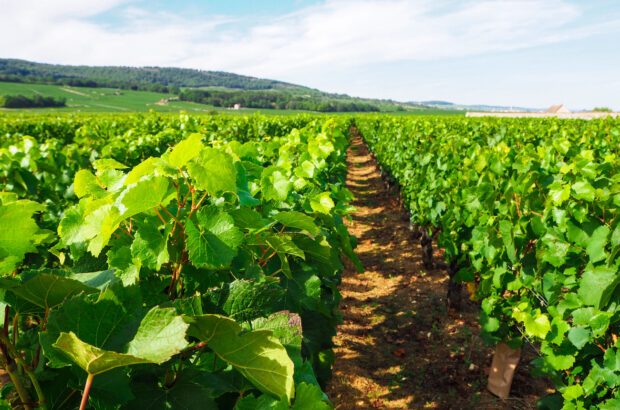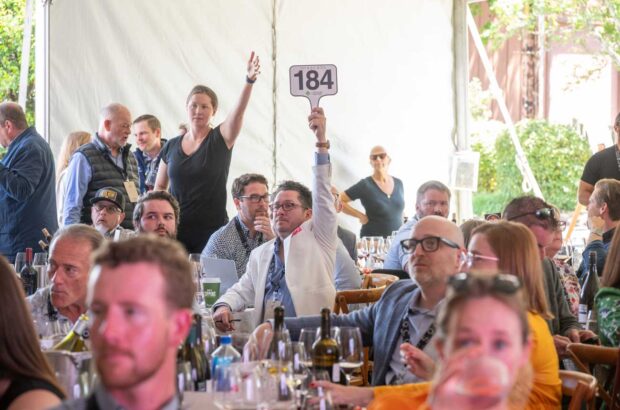First up, you should know that most of the people that I interviewed about the fallout of Bordeaux En Primeur 2014 don’t want me to name them. So you’re just going to have to trust me that these are serious players with true inside knowledge of what is going on.
Bordeaux En Primeur 2014
One of them – a leading courtier who brokers deals for the top classified estates and who makes over half of his annual turnover from en primeur – said bluntly, ‘we are at the end of the system. It is finished’.
If you’re not already choking on your coffee at the idea of a courtier being so apocalyptic, it turned out that he was just warming up. ‘The chateaux have made it perfectly clear that they no longer want to fund their traditional sales arm – worse than that, they seem contemptuous of the existing system.’
What he means is that chateaux no longer want to give away the margins that traditionally pay for brokers and negociants to move wines out into the system, to build up relationships with merchants, restaurants and other sales channels.
‘With a normal luxury item like a handbag or car, the cost of selling and marketing is already built into the price, but the sales arm of the major chateaux are brokers and negociants, and they are not remunerated by the chateaux, they are paid for by the margins in between chateaux and consumer. And the estates no longer want to leave enough on the table to pay them.’
The final count shows that only 19% of chateaux released their 2014 wines with a price drop, and 17% kept them the same as last year. A full 64% of them posted a rise – on average around 8% more expensive than 2013 and a full 36% more than 2008. And even those that did price fairly put a tiny quantity of wine on the market.
So, what happens now? Are the chateaux trying to break up the en primeur system? Are they all trying to ‘do a Latour’ and sell bottled wine at a later date? If so, why not just say so?
To try to understand this, I went to a variety of chateaux owners, both ones that priced well and those that priced ‘less successfully’, as well as a few players who know Bordeaux extremely well, but are now outside of the system running brands and estates in different regions, so able to interpret things from the châteaux point of view.
The variety of different answers that I got tells me that there is not some great over-arching masterplan that only the châteaux know. Most genuinely believed that they had made a great wine and were disappointed that the market didn’t agree with their price.
Many had some genuinely interesting insights to share about how we got here where everyone might go from here. See if you agree.
Brokers have lost their influence over chateaux
Right now, chateaux seem happy to hold on to their stock. Interest rates are low, the estates have invested heavily in new cellars and expanding the areas to store wines, and they are so far refusing to budge in the game of chicken over prices. And they don’t seem to have any intention of doing so, no matter what the brokers tell them (this applies equally to négociants and the British trade).
The idea of buying cheaply and reselling immediately is probably finished
The last few years of en primeur – starting with 2009 – should have made this clear. No point wishing it wasn’t so. Logically, this means a few people need to start looking closely into their business models and making the necessary changes, both inside and outside Bordeaux.
First Growths have retained their power over the market – but less so over their neighbours
The Left Bank First Growths all priced with a view to keeping value in the market, and were among the most successful chateaux of the campaign – but few other estates followed their pricing, which is fairly unusual and suggests that Super Seconds and similar (who showed an average price rise of 13%) are striving to take a bigger piece of that ‘premium pie’.
There is one exception to this…
Latour clearly has a huge power over its neighbours – it is surely no coincidence that more chateaux are deciding to hold back stock now that Latour has left en primeur and is following a strategy of selling older vintages.
Chateaux now need to engage with consumers
It’s been a number of years that inventories (read bottles) have been building up in chateaux cellars. This year it has become clearer than ever that this is a deliberate strategy. So, chateaux need to step up to the plate. They need to be much more active in the markets either through advertising and marketing, appointing brand ambassadors (this has been quietly happening for years), having hospitality businesses in the form of restaurants or boutiques (look at Haut-Brion and Pape Clement in Paris). Basically, if they are not leaving margins for others to do it, they need to work out strategies for themselves.
Maybe it’s smart
The world is changing. High-end consumers want high-end attention. As one observer put it ‘If you want to sell all your wine in two days and spend the rest of the year at the beach, then sell low at En primeur and let the négociants do the work. But what is the value add for your brand in that case?’
The Bordeaux negociants need to open up the great wines of the world
Just as the chateaux need to go all in if they are to pursue their new strategy, so do négociants. They should be warmly embracing the great wines of the world – they have the skills and the networks to do so, and have dabbled with a few labels over the past decade, but until now chateaux opposition has stopped it becoming more widespread. Opus One has shown how successful it can be, and the drinkers of these wines are the very same high end consumers who buy classified Bordeaux.
Be careful what you wish for
The system will adapt. en primeur as it stands – with true consumer engagement – only dates back to the 1980s, and Bordeaux will find new ways of selling if it has to. But the Bordelais are a long way from understanding how to engage with consumers, and trying to ‘do a Latour through the back door’ as one broker put it (so selling a tiny amount en primeur, then keeping the rest back for a later date) is not going to work – and certainly not if the en primeur prices are more consistent with bottled wines. Bordeaux doesn’t have the flow of visitors every weekend that Napa does, nor does it have the power congregated in the hands of a few key houses like Champagne does. The brands will lose power if they are not being drunk. But it is now clear that en primeur will have to evolve – change is coming, no matter how uncomfortable that might be. What it will look like isn’t certain. But the cosy, self-supporting system of ‘you scratch my back and I’ll scratch yours’ that has kept Bordeaux going for so long is in need of a refresh.
See more Bordeaux 2014 coverage:
Written by Jane Anson








